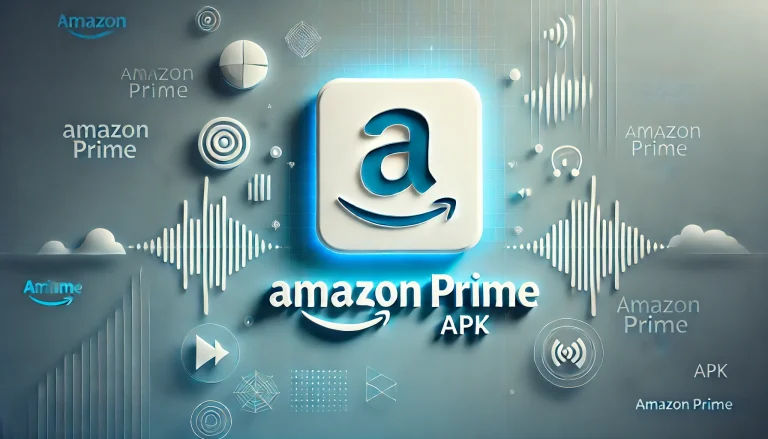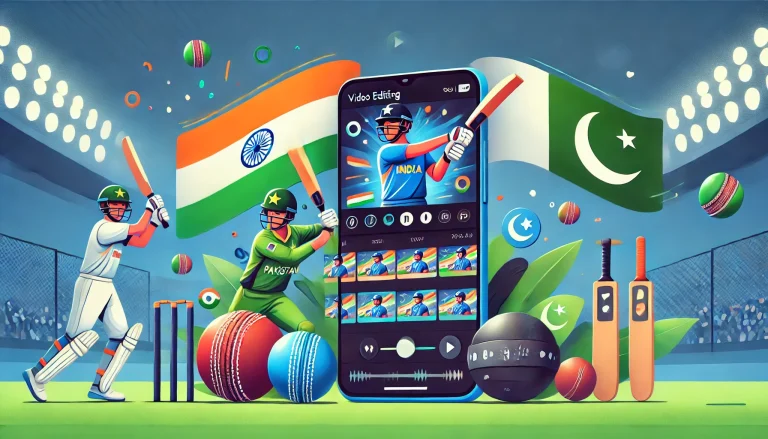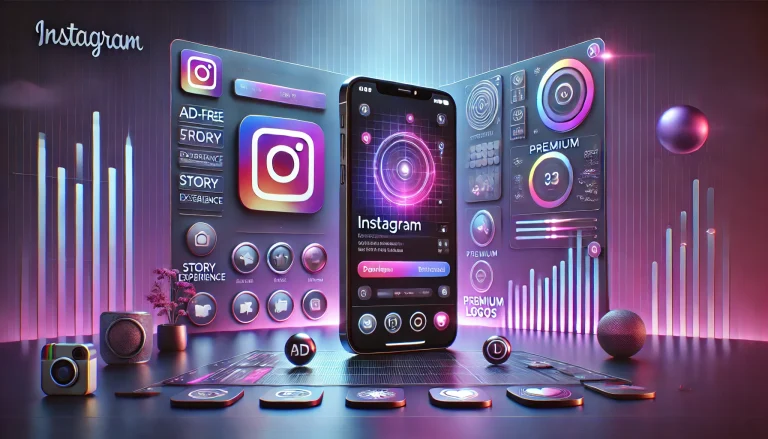How Do You Understand the Philosophy of Education? Best Apps That Support Educational Growth

This article is written for readers who want to explore the deeper meaning of education, especially from a philosophical perspective, and how modern apps for learning fit into that vision. It is ideal for students, educators, parents, and self-learners who value purposeful, reflective learning.
How Do You Understand the Philosophy of Education?
The philosophy of education isn’t just a subject in a textbook. It’s a way of thinking about learning, teaching, and the true purpose behind acquiring knowledge. To understand the philosophy of education, ask yourself:
- Why do we learn?
- What is the goal of teaching?
- How should knowledge be shared and applied?
For some, education is about preparing for a career. For others, it’s about personal development, ethics, or critical thinking. Philosophers like John Dewey believed that education is not preparation for life; education is life itself. That means learning should help us grow as individuals, participate in society, and understand ourselves and others.
What Is the Purpose of Education According to Philosophy?
| Philosophy Type | Key Belief About Education |
|---|---|
| Progressivism | Learning through experience and real-life problem-solving |
| Essentialism | Core knowledge is the foundation of learning |
| Constructivism | Learners build knowledge through exploration and interaction |
| Existentialism | Education should support personal choice and self-discovery |
| Perennialism | Focus on timeless truths and classical education |
Different people connect with different ideas. Some may believe in skill-based learning, others in moral development, while others value academic excellence.
How Modern Education Apps Support These Philosophies
Today’s best educational apps reflect many of these philosophies. Apps offer self-paced, exploration-based, and student-led learning experiences. Whether you want to gain knowledge for career growth, deepen your understanding of the world, or support your child’s curiosity, there’s an app that aligns with your educational philosophy.
Top 10 Best Apps That Reflect Educational Philosophy in Action
1. Khan Academy
- Philosophy Fit: Progressivism, Essentialism
- Why It’s Great: Covers foundational subjects through videos and interactive exercises
- Best For: K-12, college, independent learners
- Cost: Free
2. Coursera
- Philosophy Fit: Perennialism, Constructivism
- Why It’s Great: Offers university-level courses from global institutions
- Best For: Higher education, professional development
- Free/Paid: Both options available
3. Duolingo
- Philosophy Fit: Constructivism
- Why It’s Great: Language learning through real interaction and gamified lessons
- Best For: All ages learning languages
4. Edmodo
- Philosophy Fit: Progressivism
- Why It’s Great: Focused on teacher-student collaboration and community learning
- Best For: Classroom and home-based learning
5. Skillshare
- Philosophy Fit: Existentialism
- Why It’s Great: Encourages creativity, self-expression, and skill-building
- Best For: Creative learners, hobbyists, designers
6. BYJU’S
- Philosophy Fit: Essentialism
- Why It’s Great: Structured approach to academic subjects for Indian students
- Best For: K–12, competitive exam prep
7. Unacademy
- Philosophy Fit: Essentialism, Constructivism
- Why It’s Great: Interactive exam preparation for UPSC, NEET, SSC, and others
- Best For: High school and adult learners in India
8. Tynker
- Philosophy Fit: Constructivism
- Why It’s Great: Teaches coding by allowing students to create games and apps
- Best For: Kids aged 5–17
9. LinkedIn Learning
- Philosophy Fit: Existentialism, Progressivism
- Why It’s Great: Real-world skills for career growth and personal exploration
- Best For: Professionals, job seekers, freelancers
10. Seesaw
- Philosophy Fit: Progressivism
- Why It’s Great: Enables student-driven portfolios and reflective learning
- Best For: Early education, project-based learning
Education App Feature Table
| App Name | Learning Style | Target Audience | Certification | Free Content | Interactive |
|---|---|---|---|---|---|
| Khan Academy | Self-paced, foundational | All students | No | Yes | Yes |
| Coursera | Lecture-based, project | Adults, students | Yes (paid) | Partial | Yes |
| Duolingo | Gamified, practice-based | All ages | No | Yes | Yes |
| Skillshare | Creative, hands-on | Creators, adults | No | Partial | Yes |
| BYJU’S | Academic, visual | K–12, exam aspirants | No | Partial | Yes |
| Unacademy | Structured, test-focused | Exam prep learners | No | Yes | Yes |
| LinkedIn Learning | Career-focused | Professionals | Yes | Partial | Yes |
| Tynker | Code-based, discovery | Kids, teens | No | Partial | Yes |
Choosing the Right Educational App Based on Your Philosophy
| Educational Value | Ideal App(s) | Why It Fits |
|---|---|---|
| Mastery of core subjects | Khan Academy, BYJU’S | Delivers structured, deep understanding |
| Creative expression | Skillshare, Tynker | Learner-led and hands-on |
| Real-world readiness | LinkedIn Learning, Coursera | Offers applied knowledge and credentials |
| Self-paced exploration | Duolingo, Khan Academy | Flexible learning at your speed |
| Collaboration & feedback | Edmodo, Seesaw | Designed for engagement and reflection |
How to Align Your Learning with Philosophy Using Apps
- Reflect on why you’re learning: Are you aiming for grades, skills, personal growth, or creative output?
- Pick an app that supports your style: Structured apps for essentialists, creative ones for existentialists.
- Combine multiple tools: Use Khan Academy for subjects, Skillshare for passions, and Duolingo for languages.
- Track growth—not just progress: Focus on what you’ve truly learned, not just completed.
- Make learning meaningful: Apply what you learn in your daily life, work, or community.
FAQs About Philosophy of Education and Learning Apps
Q: Is there a single best educational philosophy?
No. The best philosophy depends on your goals. Some need structure (essentialism), others thrive in freedom (existentialism).
Q: Can apps replace traditional schooling?
Not entirely. But they can enhance, personalize, and make education more accessible, especially for lifelong learners.
Q: Are these apps suitable for young children?
Yes. Apps like Tynker, BYJU’S, and Seesaw are specifically built for younger learners.
Q: Do educational apps support moral education?
Indirectly. Apps focused on reflection, communication, and critical thinking (like Seesaw or Khan Academy) help build values.
Final Thoughts: What Philosophy of Education Means in the Digital Age
Understanding the philosophy of education helps you connect learning with purpose. It turns studying from a chore into a choice. Whether you’re exploring knowledge for a career, expression, growth, or transformation, there’s an educational app that fits your path.
Education, when guided by purpose and powered by technology, becomes more than information. It becomes a way to grow, think, connect, and contribute.






